26 April 2025
Fantasy games have a way of whisking us away into magical worlds filled with epic battles, complex characters, and jaw-dropping adventures. But have you ever wondered what makes these stories feel so rich and immersive? It's not just the graphics, gameplay, or character designs—it’s the stories themselves. And at the heart of many of those stories lies something ancient and profound: mythology.
Mythology, with its gods, monsters, and timeless tales, provides the foundation for some of the most memorable narratives in fantasy games. But how exactly does mythology work its magic in these games? Let’s dive into this fascinating topic and unravel how mythology gives these games their soul and captivates players like you and me.
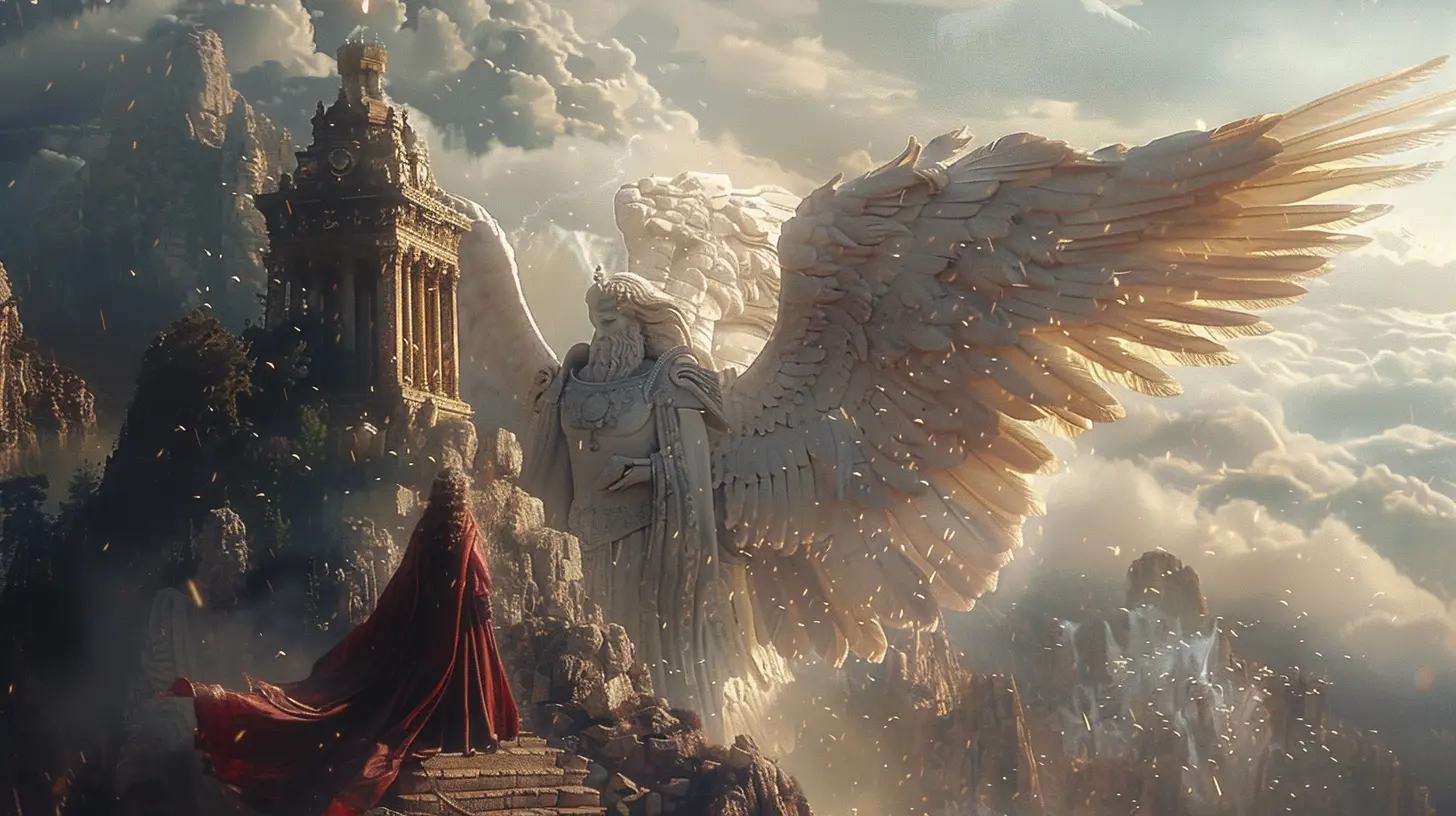
Why Mythology and Fantasy Go Hand-in-Hand
Let’s get real for a second. Fantasy and mythology are like peanut butter and jelly—they just belong together. Mythology has been fueling imaginations for centuries, telling stories about heroic feats, divine interventions, and the eternal struggle between good and evil. Fantasy games, on the other hand, thrive on delivering larger-than-life experiences that tap into our sense of wonder.The thing is, mythology isn't just a bunch of dusty old tales. It’s alive and brimming with universal themes—love, betrayal, sacrifice, redemption—that resonate deeply with us. When fantasy games borrow from mythology, they’re not just pulling cool monsters and epic battles; they’re tapping into something primal. Something that feels familiar, even when it’s set in far-off worlds filled with dragons and magic.
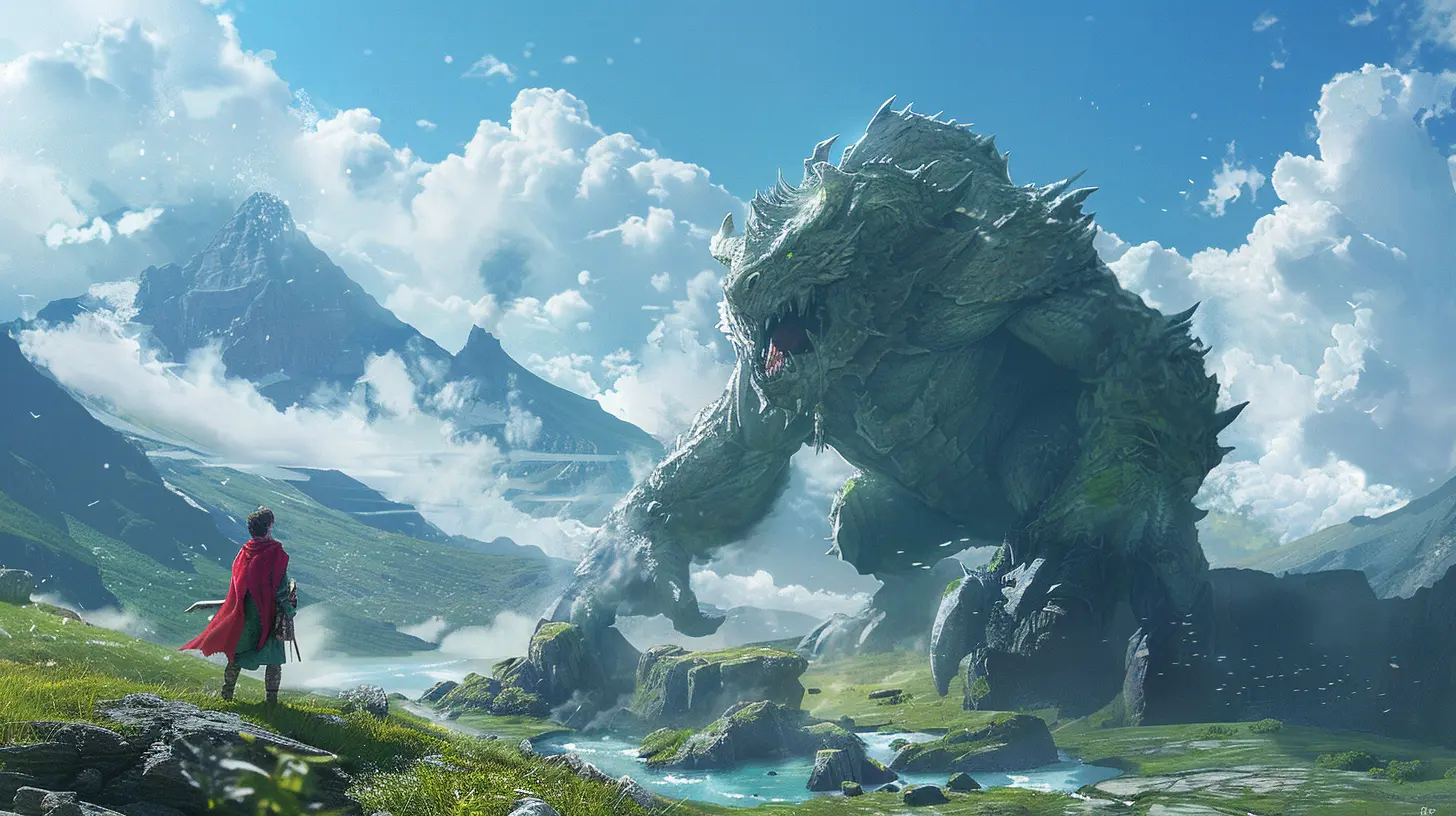
Drawing Inspiration vs. Copy-Pasting
You might be wondering, "Do game developers just recycle old myths and call it a day?" Nope, not at all. The beauty of fantasy games is how they reimagine mythology to craft something new and fresh.For example, take "God of War". The series doesn’t just retell Norse and Greek myths verbatim. Instead, it spins them into an emotional, character-driven story centered around Kratos and his struggles. Sure, you’ll encounter gods like Thor or Zeus, but they’re more than just archetypes—they feel like real, complex beings.
On the flip side, some games sprinkle mythological elements lightly, like seasoning. Think about "The Legend of Zelda" series. Its lore isn’t directly pulled from a single mythological source, but it’s undeniably influenced by themes found in folklore and mythology: a chosen hero, a cursed villain, and a fight to maintain balance in the world.
In essence, fantasy games don’t just copy-paste mythology. They remix it, modernize it, and make it relatable, which makes the gaming experience so much richer. 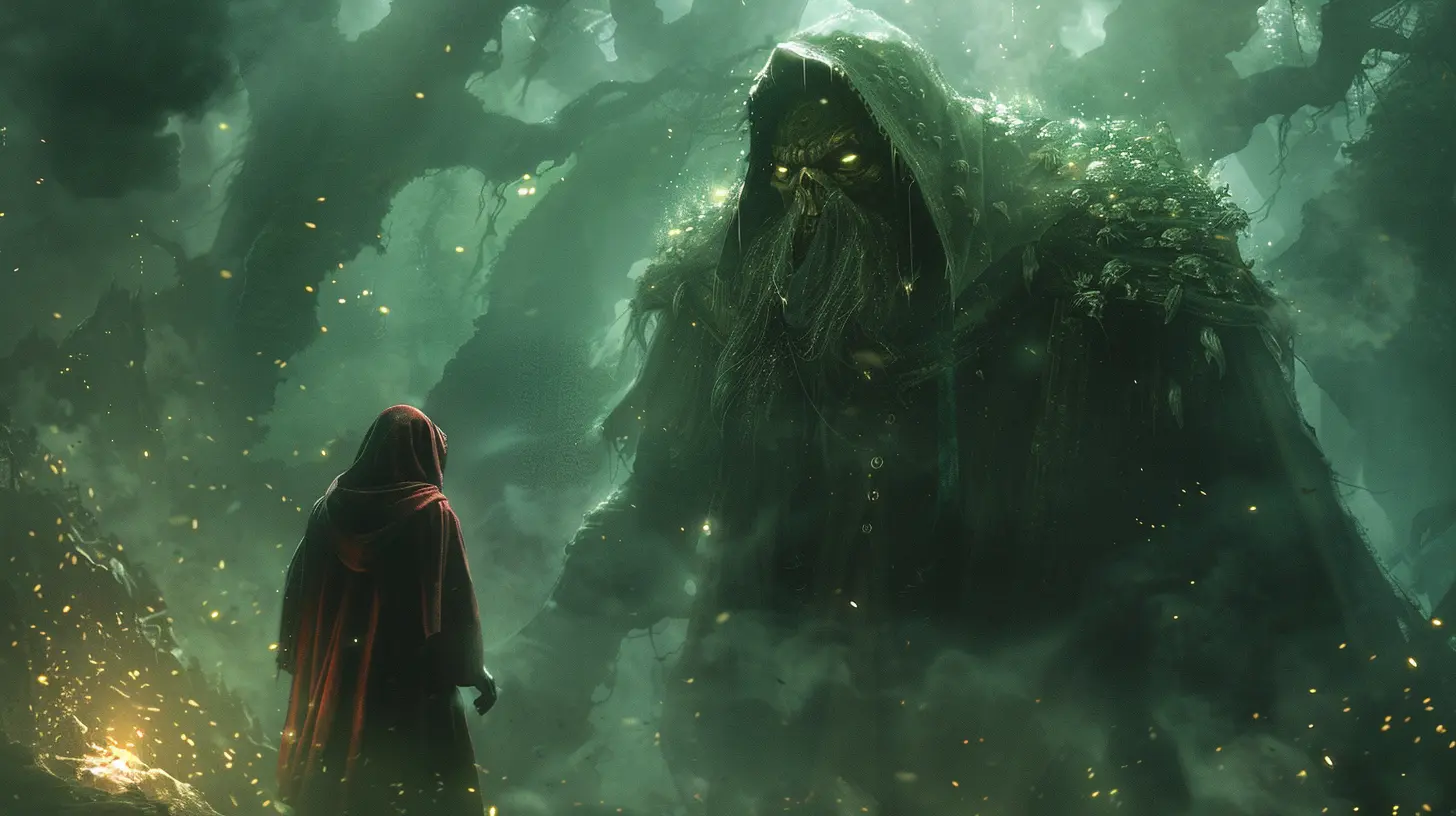
How Mythology Shapes Game Worlds
Ever noticed how some of the best fantasy games feel like you could actually live in their worlds? That’s no accident. Mythology anchors these worlds, giving them rules, histories, and a sense of authenticity.1. Deep Lore and World-Building
Mythology provides a treasure trove of stories that developers can mine to create lore. Take "The Elder Scrolls" series, for example. The land of Tamriel isn’t just a playground for quests; it’s a living, breathing world filled with mythologies of its own. From the worship of gods like Akatosh to the mysterious Daedric Princes, every corner of the game feels steeped in ancient traditions.This deep lore doesn’t just enrich the story—it makes the world feel alive. When you stumble upon a temple or read an ancient book in the game, it feels like you’re uncovering actual history, even though it’s fictional.
2. Memorable Mythical Creatures
Let’s talk about monsters. Mythology has gifted us with some of the most iconic creatures ever, from fire-breathing dragons to terrifying hydras. Fantasy games love to take these creatures and make them larger than life.Take "The Witcher 3: Wild Hunt", for example. The game’s bestiary is practically dripping with folklore and mythology. You’ve got leshens inspired by Slavic myths, griffins pulled straight from medieval legends, and even djinns from Arabian tales. Battling these creatures doesn’t feel like just another fight—it feels like stepping into the pages of an old storybook, except you’re the hero. 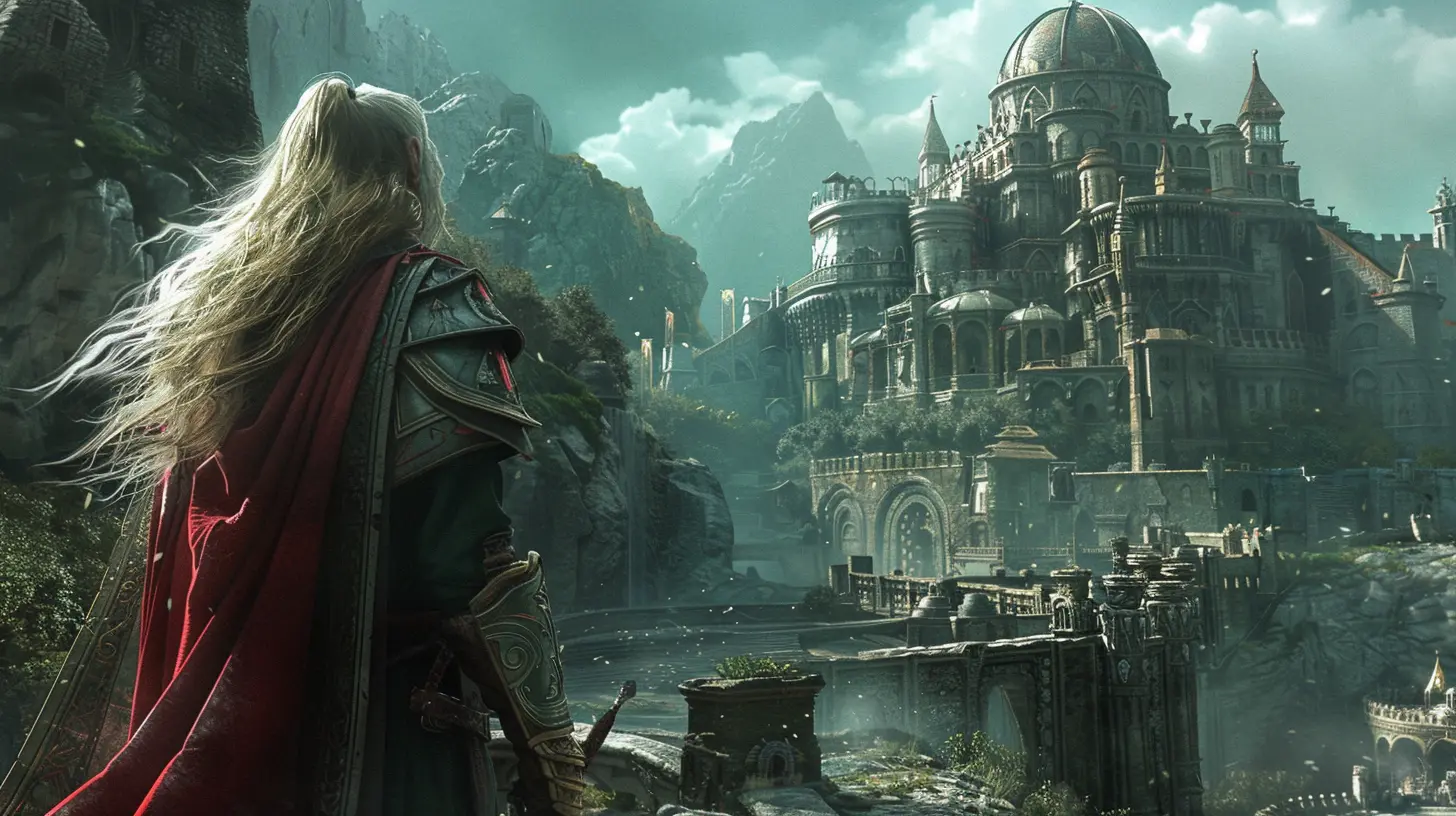
Mythology in Characters and Archetypes
Fantasy games often borrow mythological archetypes to create characters who feel timeless yet fresh.1. Godlike Heroes
How many times have we played a character who’s "chosen" or "destined for greatness"? Yeah, that trope comes straight out of mythology. From Hercules to King Arthur, mythology has long been fascinated with the idea of larger-than-life heroes.In "Final Fantasy XV", for instance, Noctis is like a modern take on a mythical hero. He’s royalty, chosen by fate, and tasked with saving the world. The game layers his journey with themes of sacrifice and duty that wouldn’t feel out of place in a Greek tragedy.
2. Flawed Deities
One of the coolest things fantasy games do is humanize gods. In mythology, gods are often just as flawed as humans—vain, vengeful, or downright petty. Games like "Hades" take this concept and run with it. The Greek gods in the game aren’t just distant figures; they’re family. And, like any family, they’ve got their quirks, drama, and baggage.This twist makes deities in fantasy games feel relatable. Instead of being unreachable divine beings, they’re characters you can interact with, laugh with, and sometimes even argue with.
Why Mythology Makes Us Care
Here’s the thing: mythology isn’t just about cool monsters or epic battles. At its core, mythology is about storytelling. And storytelling is what makes us connect with fantasy games on such a deep level.Think about it. Why do we cry when a character sacrifices themselves for the greater good? Or why do we feel that rush of triumph when our hero defeats a seemingly unbeatable foe? It’s because these moments are rooted in themes that have been with humanity for centuries—hope, courage, love, and loss.
Fantasy games that lean on mythology know how to tap into these emotions. They tie their stories to something universal, creating a sense of connection that keeps us invested.
What Can We Learn from Mythology in Games?
Fantasy games don’t just entertain us—they also remind us of the timeless power of mythology. They show us that old stories never really go away; they evolve, adapt, and find new ways to inspire.The next time you play a fantasy game, take a second to think about the mythology behind it. Chances are, every dragon you slay, every god you outsmart, and every world you save has a little piece of humanity’s past woven into it.
And maybe, just maybe, those ancient stories still have something to teach us—even when they’re wrapped up in pixelated magic and high-tech graphics.
Wrapping It Up
At the end of the day, fantasy games owe a huge part of their magic to mythology. Whether it’s through world-building, character development, or emotional storytelling, mythology enriches these games in ways we can’t always put into words. It’s what makes slaying a monster feel like a triumph, exploring a world feel like an adventure, and completing a story feel like an accomplishment.So, the next time you pick up your controller or dive into a fantastical world, remember that you’re not just playing a game—you’re stepping into a realm shaped by centuries of storytelling. And honestly? That’s pretty epic.

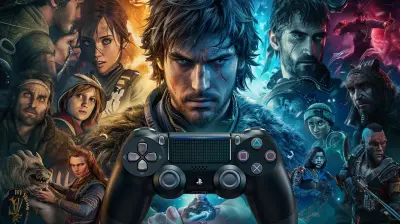
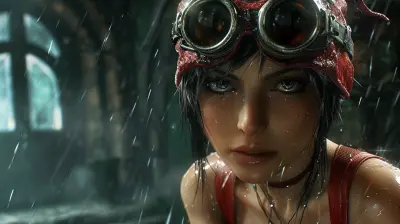

Dixie Middleton
Fantasy games effectively draw from mythology to create rich narratives, blending ancient tales with innovative storytelling. This connection enhances world-building and character development, offering players immersive experiences that resonate on multiple levels.
April 26, 2025 at 2:48 PM